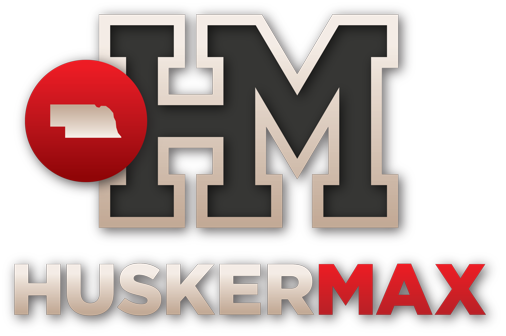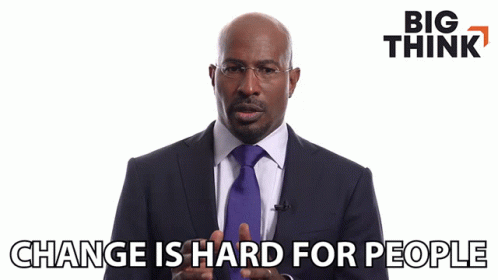So what kind of strategy is it to tell the kids special teams are important, we want our best on it, and if you are not absolutely certain you won't get to the 25 on a kick off fair catch or I'll be pissed because you all sucked at this for the last 10 years under different coaches and though Ive told you I want you to make plays I really don't trust you to do it?Everyone likes bravado and confidence when it works. But taking unnecessary risks can be a losing strategy.
Remember when Oregon used to like to go for 2 after each touchdown just to show that they could rub it into an opponent? They did that to us against our first HCMR and took an 8-0 lead. Unfortunately for them, it didn't work after any of their other four touchdowns and they lost 35-32 in a game that would have been 35-35 if they had kicked all of their extra points.
Going for two all the time is much different than this. Faux equivalence.



